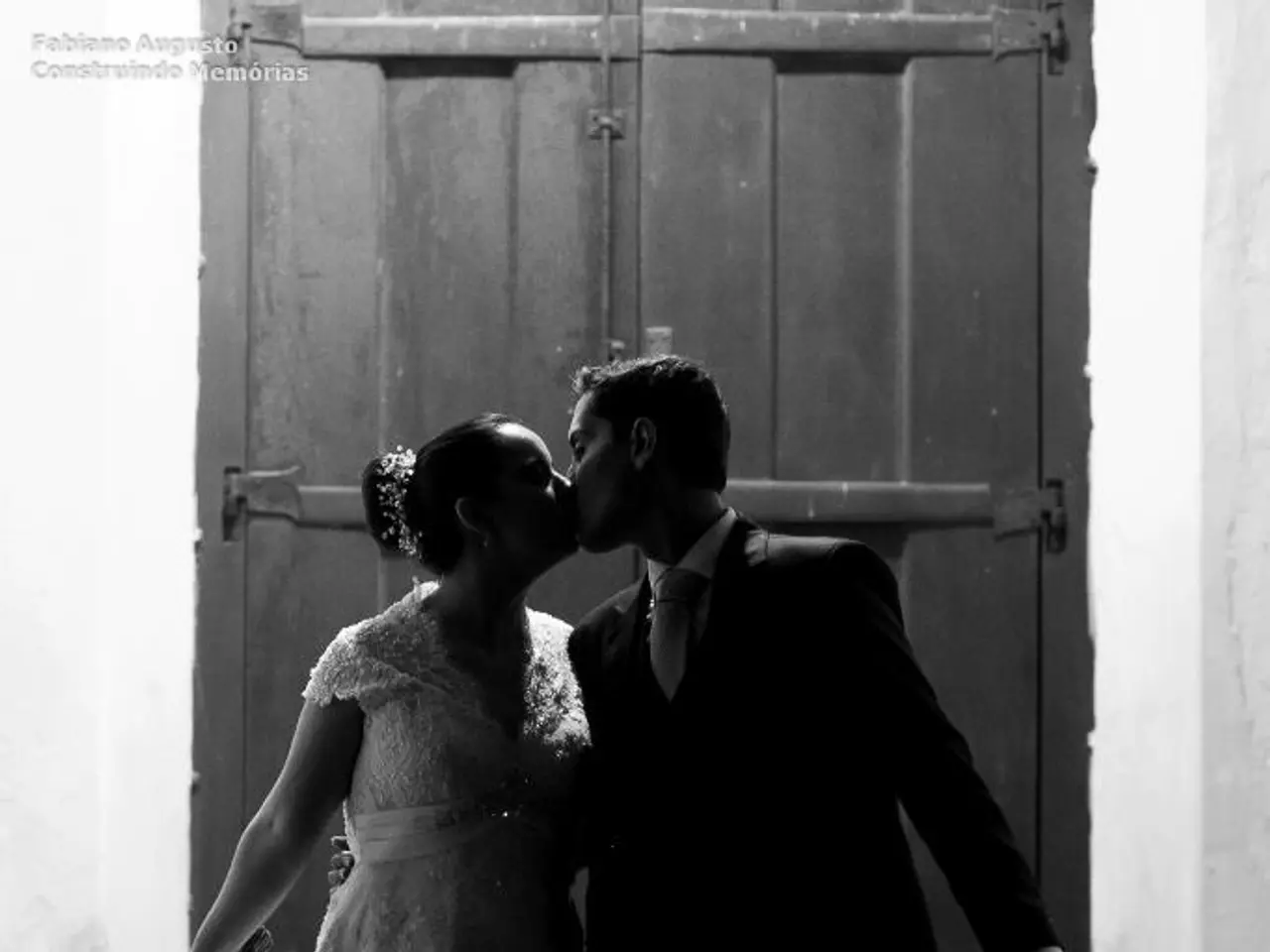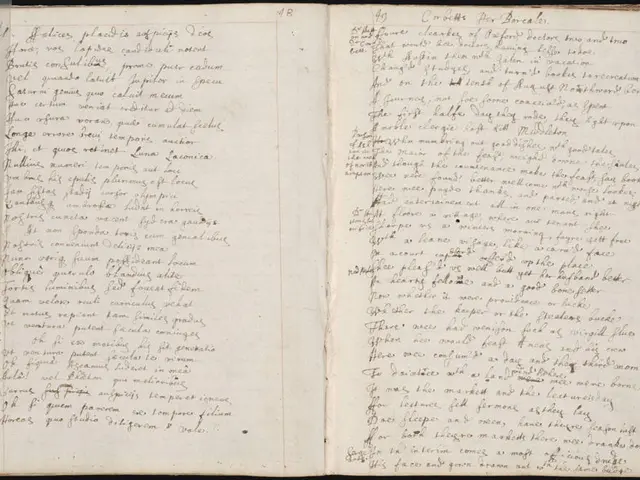Two men in Indonesia face public flogging as a result of being caught engaging in a public display of affection, specifically hugging and kissing, in violation of the country's Islamic law.
In a controversial decision, the Islamic Shariah District Court in Banda Aceh, Indonesia, sentenced two men to 80 lashes each for acts that were interpreted as sexual and punishable under Aceh's version of Sharia law. This marks the fifth public caning sentence for homosexuality since Aceh implemented Sharia law in 2015.
The trial, held behind closed doors, took place in April when Sharia police were tipped off about the men entering the same bathroom. They were caught kissing and hugging, behaviour the court defined as sexual acts warranting punishment.
Aceh is the only Indonesian province permitted to implement Islamic Sharia law, a special autonomy granted as part of a 2006 peace agreement ending separatist conflict. Initially applying only to Muslims, the law extended to non-Muslims in 2015. Under this law, morality offences, including same-sex relations, adultery, gambling, and other behaviours deemed improper, are punishable by caning—up to 100 lashes.
While Indonesia’s national criminal code does not criminalize homosexuality, the central government cannot overturn Aceh’s Sharia ordinances. This legal autonomy allows Aceh authorities to impose corporal punishment such as public caning for LGBTQ+ individuals, a practice widely condemned by human rights organizations for violating minority rights and international treaty obligations Indonesia has signed.
The men sentenced in 2025 were students and had no previous convictions. They have served four months in detention, and this time will be deducted from their sentence, reducing the number of lashes. The prosecutor, Alfian, expressed dissatisfaction with the lighter sentence but decided not to appeal.
Human rights groups, including Amnesty International, have called such punishments “horrifying acts of discrimination” and assert that intimate relations between consenting adults should never be criminalized or punished on the basis of sexual orientation. Aceh's harsh enforcement reflects longstanding tensions between local interpretations of Islamic law and broader Indonesian legal norms protecting personal freedoms.
This incident highlights the ongoing debate about the balance between religious and personal freedoms in Indonesia, particularly in Aceh. As the province continues to enforce its unique version of Islamic law, human rights concerns persist, particularly for LGBTQ+ individuals.
Read also:
- Court petitions to reverse established decision on same-sex marriage legalization
- Trump's enforcement actions in Washington D.C.: Insights from the political arena
- Chinese Ambassador issues stern message to India regarding Trump's tariffs in midst of escalating trade feuds
- Unveiling the potential template for authoritarian leaders in Togo's controversial constitutional switchover.








